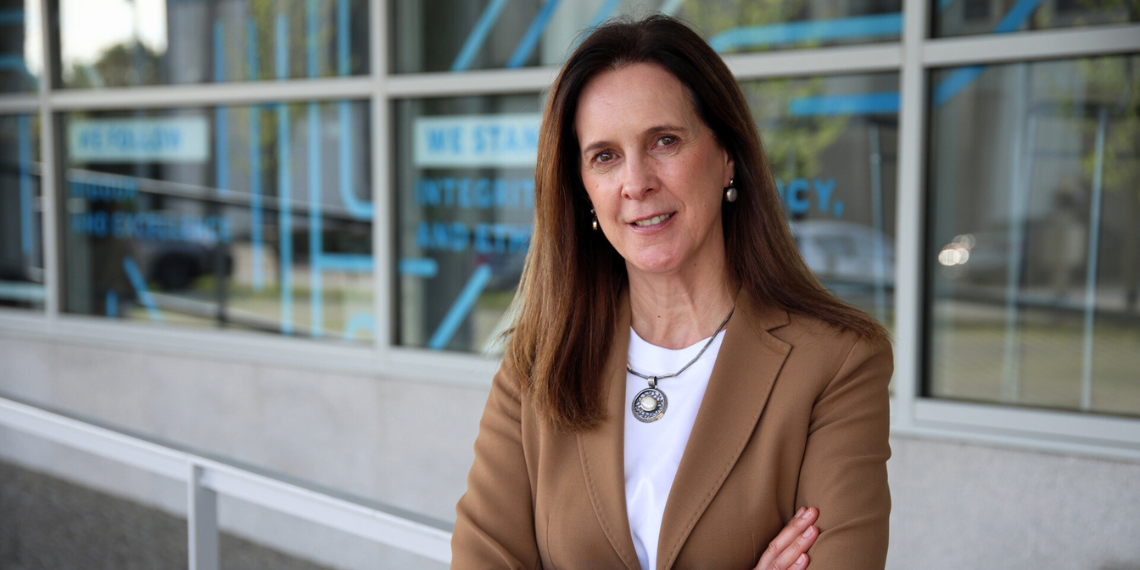Artificial Intelligence (AI) has become a transformative force reshaping every aspect of our lives. From healthcare to education, from business to environmental conservation, AI is increasingly playing a pivotal role in solving problems and creating opportunities.
AI presents immense opportunities and complex challenges, particularly in the context of Portugal and Europe. The rapid adoption of AI technologies across sectors has the potential to significantly boost innovation, optimize productivity, and address critical societal challenges such as climate change, public health or digital inclusion. However, these advancements come with risks that must be carefully managed. Issues related to data governance, algorithmic bias, and workforce displacement are at the forefront of societal and regulatory discussions.
Europe’s emphasis on ethical and human-centric AI development provides a framework for addressing these challenges. The European Union’s initiatives, such as the European AI Act, aim to establish trust and accountability, ensuring that technological progress aligns with shared values. At the same time, as mentioned by the Draghi report, AI is an evolving technology in which EU companies still have an opportunity to develop leading positions, such as autonomous robotics or AI services, contributing to close Europe’s innovation gap.
Strategically, INESC TEC recognizes the importance of leadership and collaboration in shaping the future of AI. Last June, INESC Brussels Hub hosted a workshop focusing on AI and research and innovation (R&I) leadership, co-organized with the European Commission and NCBR Brussels (the Polish representation of R&I institutions). This event brought together policymakers, researchers, and industry leaders to discuss the role of AI in fostering European competitiveness and societal progress.
Aligned with this effort, we are also pleased to present the latest issue of the INESC TEC Science and Society Magazine – The Responsibilities of Responsible AI – which provides multiple outlooks on the opportunities and challenges associated with AI, and how to support more informed choices. Key themes explored in the magazine include algorithmic transparency, ethical considerations in AI deployment, and the organizational and societal implications of these emerging technologies. Articles also illustrate how some of the AI advances at INESC TEC are contributing to innovations in environmental monitoring in the deep sea, industrial automation, or energy transition, showcasing how AI can deliver impact while adhering to ethical and societal values. João Claro and Arlindo Oliveira’s article calls for a visionary leadership that “champions societal change, upholds ethical standards, promotes cross-disciplinary collaboration”, balancing innovation with responsibility. This leadership is crucial for leveraging AI to pursue both organisational objectives and societal well-being.
A sincere thank you to Artur Pimenta Alves and Joana Desport Coelho for organizing this issue, to my co-editor João Gama for his invaluable contributions, and to all the authors for sharing their perspectives and experiences. We invite readers to engage with the insights presented in this issue and to join us in shaping the future of AI.
The challenges are significant, but so too are the opportunities for innovation and collaboration.
By Lia Patrício, member of the Board of Directors at INESC TEC



 News, current topics, curiosities and so much more about INESC TEC and its community!
News, current topics, curiosities and so much more about INESC TEC and its community!